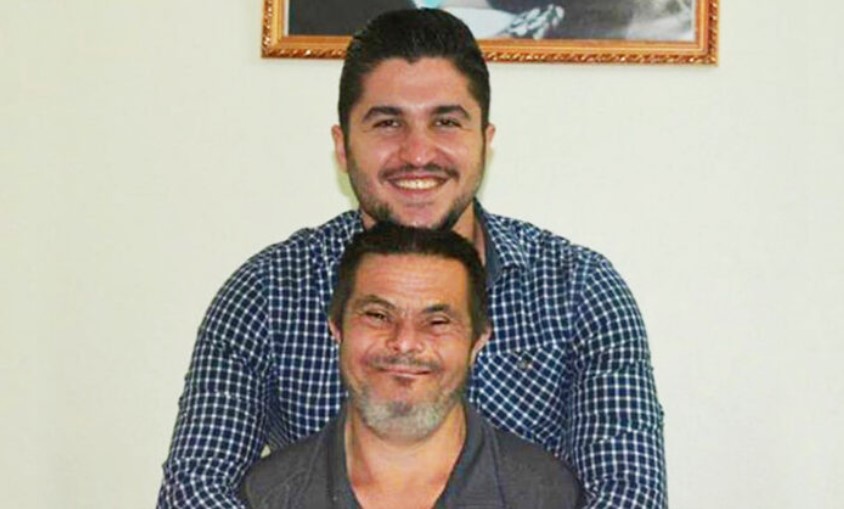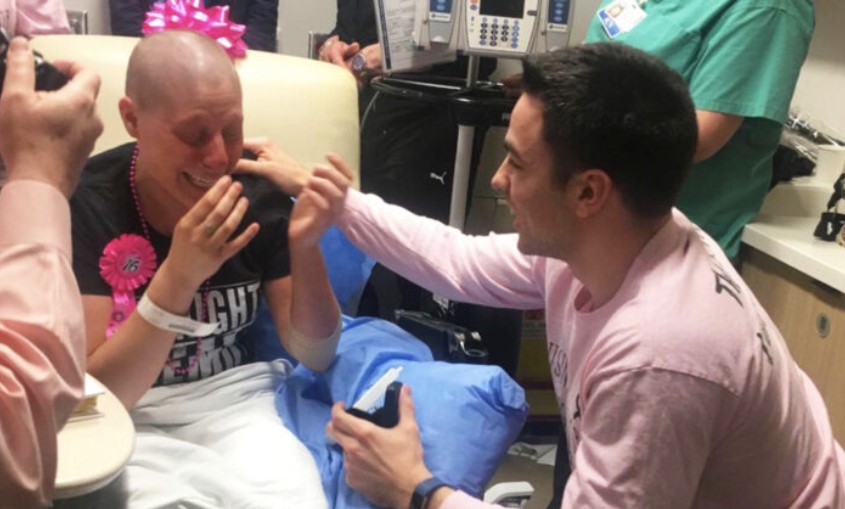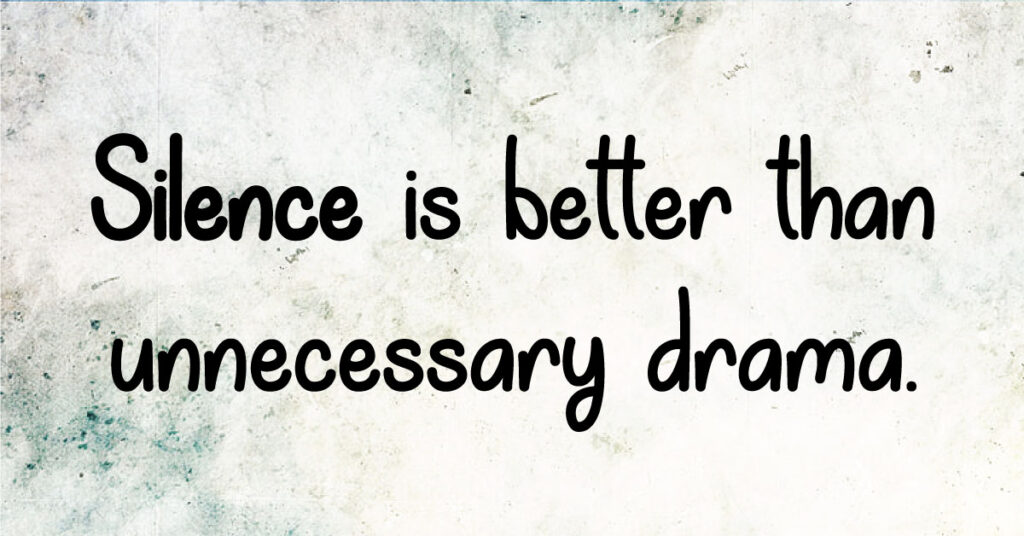Have you ever found yourself lacking the energy or desire to engage in social interactions? At times, you may even feel outright antisocial, struggling to form meaningful connections with others or finding it challenging to relate to people on a deeper level. Perhaps you become overly attached to those around you, leading to feelings of jealousy and possessiveness when you spend time with others.
This sense of disconnection from the world might stem from a heightened sensitivity to the energies of those around you, causing a preference for solitude. If this resonates with you, it’s possible that your heart chakra is blocked. The heart chakra, also known as the fourth chakra, is situated at the center of the chest between the breasts and plays a crucial role in expressing love, compassion, and our relationships with ourselves and others.
In the following sections, we will dive deeper into the heart chakra and explore ways to unblock it, allowing you to overcome these antisocial tendencies and foster more fulfilling connections.
If You’re feeling antisocial, this may be why…
A blocked heart chakra can manifest as feelings of isolation, loneliness, and a lack of connection with others. When our heart chakra is out of balance, we may struggle to form deep connections with others, often resulting in us feeling antisocial and disconnected from the world around us.
Besides Feeling Antisocial, Here Are Other Signs of a Blocked Heart Chakra:
- Difficulty expressing emotions or feelings
- Fear of commitment or vulnerability
- Lack of empathy and understanding for others
- Resentment, bitterness, or jealousy
- Difficulty forgiving yourself or others
- Feeling unworthy of love or affection
If you recognize any of these signs, it’s possible that your heart chakra may be blocked.
Physical symptoms
A blocked heart chakra can manifest not only in emotional and mental symptoms but also in various physical symptoms. These physical signs may indicate an imbalance in the heart chakra, which governs love, compassion, and our relationships with ourselves and others. Some common physical symptoms of a blocked heart chakra include:
Chest discomfort: Tightness, pressure, or pain in the chest area, often associated with feelings of constriction or heaviness.
Shortness of breath: Difficulty breathing or a sense of breathlessness, even without strenuous activity.
Upper back and shoulder pain: Tension, stiffness, or pain in the upper back, shoulders, or neck, possibly leading to poor posture or limited mobility.
Heart palpitations: Irregular or rapid heartbeats that can cause anxiety or discomfort.
Circulation issues: Cold hands and feet or other circulation problems, potentially related to feelings of emotional numbness or disconnection.
Immune system deficiencies: A weakened immune system, makes you more susceptible to infections, colds, and other illnesses.
Fatigue: Persistent tiredness or low energy levels, despite getting adequate rest.
It’s essential to pay attention to these physical symptoms as they may signal an underlying issue with your heart chakra. If you suspect that your heart chakra is blocked, consider exploring various healing techniques such as meditation, yoga, energy healing, or working with a professional healer or therapist to help restore balance and alleviate these physical manifestations.
However, it’s crucial to consult with a healthcare professional if you’re experiencing severe or persistent physical symptoms, as they may indicate a more significant health concern that requires medical attention.
Emotional symptoms
A blocked heart chakra can manifest in various emotional symptoms, as it governs love, compassion, and our relationships with ourselves and others. Some common emotional signs of a blocked heart chakra include:
Difficulty expressing emotions: Struggling to share your feelings or emotions openly, leading to poor communication in relationships.
Fear of vulnerability or commitment: An aversion to opening up emotionally, making it difficult to form deep connections or commit to long-term relationships.
Lack of empathy and understanding: Difficulty empathizing with the feelings or experiences of others, leading to disconnection and isolation.
Resentment, bitterness, or jealousy: Holding onto past hurts, harboring grudges, or experiencing intense jealousy in relationships.
Difficulty forgiving: Struggling to let go of past wrongdoings, either by others or yourself, hindering emotional healing and growth.
Feeling unworthy of love or affection: A persistent belief that you don’t deserve love, care, or support from others, often stemming from low self-esteem or negative self-image.
Emotional numbness or detachment: An inability to fully experience or express emotions, leading to feelings of emptiness or disconnection from oneself and others.
By recognizing these emotional symptoms, you can start working towards healing and unblocking your heart chakra.
How to Clear a Blocked Heart Chakra (You’ll Stop Feeling So Antisocial)
Meditation: Focus on the heart chakra during meditation, visualizing a vibrant green light at the center of your chest. As you breathe in, imagine this light expanding, filling your entire chest with love and compassion. As you exhale, release any negative emotions or blockages
Affirmations: Practice positive affirmations that promote self-love and acceptance, such as “I am worthy of love” or “I forgive myself and others.”
Yoga: Incorporate heart-opening yoga poses into your practice, such as Camel Pose, Cobra Pose, or Bridge Pose, to help open and balance the heart chakra.
Crystal Healing: Use crystals associated with the heart chakra, such as rose quartz, green aventurine, or rhodonite, to help unblock and balance your energies.
Aromatherapy: Essential oils like rose, lavender, and jasmine can help open and balance the heart chakra. Diffuse these oils in your space or apply them topically (diluted) to your chest area.
Acts of Kindness: Practice acts of kindness and compassion towards yourself and others. Remember, giving and receiving love is essential for a balanced heart chakra.
By incorporating these practices into your daily routine, you can work towards clearing your blocked heart chakra and overcoming antisocial tendencies. As your heart chakra becomes more balanced, you will likely find it easier to connect with others, form meaningful relationships, and embrace the love and compassion that surrounds you.
What are the symptoms of unblocked heart chakra?
An unblocked and balanced heart chakra promotes emotional well-being and healthy relationships with ourselves and others. When your heart chakra is open and flowing, you may experience the following symptoms:
Deep connection with others: A strong sense of empathy and understanding, allowing you to form meaningful relationships and connect with others on an emotional level.
Emotional balance: The ability to experience and express a wide range of emotions without becoming overwhelmed or overly attached, promoting emotional resilience and stability.
Self-love and acceptance: A strong sense of self-worth and confidence in your own value, leading to a healthy relationship with yourself and the ability to give and receive love freely.
Forgiveness and letting go: The capacity to forgive yourself and others for past wrongdoings, allowing for emotional healing and release from lingering resentments or grudges.
Compassion and kindness: A natural inclination to be caring and supportive toward others, fostering positive relationships and cultivating a sense of unity and interconnectedness.
Openness and vulnerability: The willingness to be open and vulnerable in relationships, embracing emotional intimacy and trusting others with your feelings and experiences.
Gratitude and appreciation: The ability to recognize and express gratitude for the love and support in your life, nurturing a positive outlook and appreciation for the people around you.
When your heart chakra is unblocked and balanced, it supports emotional harmony, healthy relationships, and a deeper connection with yourself and others. By maintaining this balance, you can cultivate a greater sense of love, compassion, and fulfillment in your life.








